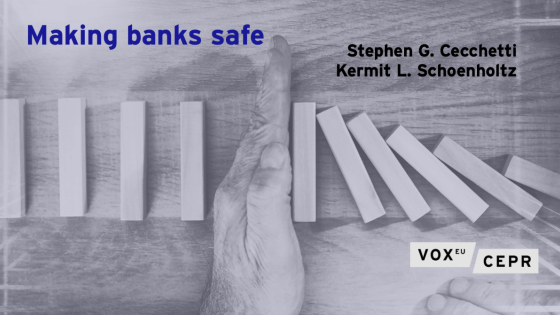DP4364 Crises and Capital Requirements in Banking
We analyse a general equilibrium model in which there is both adverse selection of and moral hazard by banks. The regulator has several tools at their disposal to combat these problems. They can audit banks to learn their type prior to giving them a license, they can audit them ex post to learn the success probability of their projects, and can impose capital adequacy requirements. When the regulator has a strong reputation for ex ante auditing they use capital requirements to combat moral hazard problems. For less competent regulators, capital requirements can substitute for ex ante auditing ability. In this case the banking system exhibits multiple equilibria so that crises of confidence in the banking system can occur only when the regulator?s reputation is poor. Contrary to conventional wisdom, depending on regulator reputation the appropriate policy response to a crisis of confidence may be to tighten capital requirements to improve the quality of surviving banks.


